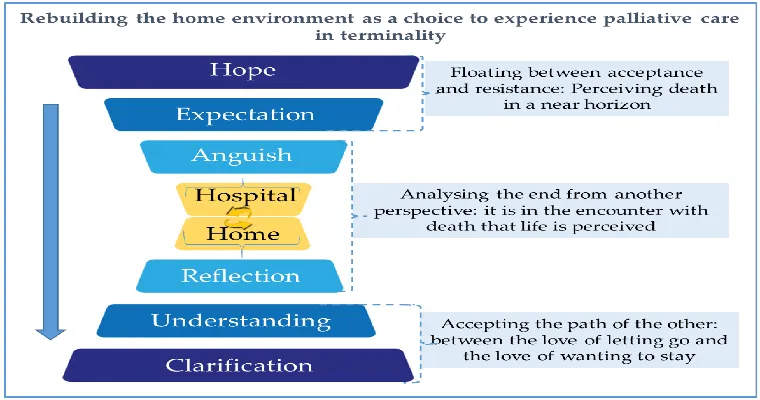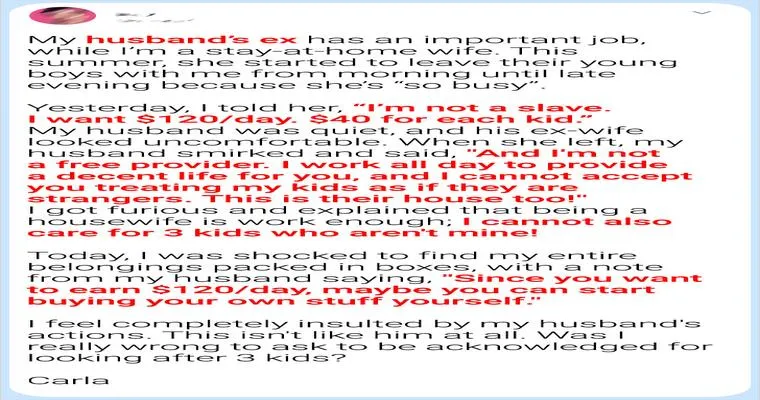Navigating the complexities of "dementia" can be particularly challenging, especially when an elder shows little to no "insight" into the degree of their condition. Families and caregivers often find themselves grappling with the frustration of wanting to communicate effectively while recognizing the limitations imposed by the illness. Understanding the nuances of this situation can provide much-needed hope and strategies for better communication.
Understanding Dementia and Insight
Dementia is not a single disease but a general term that encompasses various cognitive impairments affecting memory, thinking, and social abilities. One of the most difficult aspects of dementia is when individuals lack insight into their condition, often referred to as "anosognosia". This can lead to significant challenges in care, as the individual may not understand the need for assistance or the seriousness of their situation.
Strategies for Communication
While it may seem daunting, there are several strategies that caregivers can employ to foster communication with an elder who lacks insight into their dementia. Here are some effective approaches:
1. "Use Simple Language": When discussing the condition, opt for clear and simple language. Avoid complex explanations that might confuse or frustrate the elder. Instead of saying "You have dementia," you might say, "Sometimes, we all forget things."
2. "Focus on Feelings": Instead of emphasizing the diagnosis, concentrate on the emotions associated with their experiences. For example, if they seem frustrated, acknowledge their feelings. Saying, "I can see that you are upset," can validate their experience without needing to discuss the specifics of their condition.
3. "Provide Reassurance": Individuals with dementia often feel anxious or scared about their memory loss. Providing reassurance can help alleviate some of this anxiety. Phrases like "I am here to help you" can offer comfort and support.
4. "Utilize Visual Aids": Sometimes, visual aids such as photographs, calendars, or memory books can help provide context and anchor their understanding. These tools can serve as reminders of past experiences and can facilitate conversations about their life.
5. "Encourage Routine": Establishing a consistent daily routine can create a sense of security for individuals with dementia. Familiarity can help them feel more grounded and may reduce confusion, making it easier to engage in conversations about their day.
Patience and Empathy
It is crucial for caregivers and family members to practice "patience" and "empathy". Understanding that dementia affects each person differently is key to developing effective communication techniques. Rather than trying to force insight or understanding, embracing a compassionate approach can foster a more positive interaction.
Seeking Professional Guidance
If communication remains particularly challenging, seeking the guidance of a healthcare professional or a dementia care specialist can be beneficial. They can provide additional strategies tailored to the individual's specific needs and help families navigate this difficult terrain.
Conclusion
While explaining the degree of dementia to an elder who lacks insight can be a daunting task, hope exists through compassionate communication and understanding. By employing simple language, focusing on feelings, and utilizing supportive strategies, caregivers can foster meaningful interactions. Remember, the goal is not to change their understanding but to connect with them in a way that honors their experience and promotes emotional well-being.





